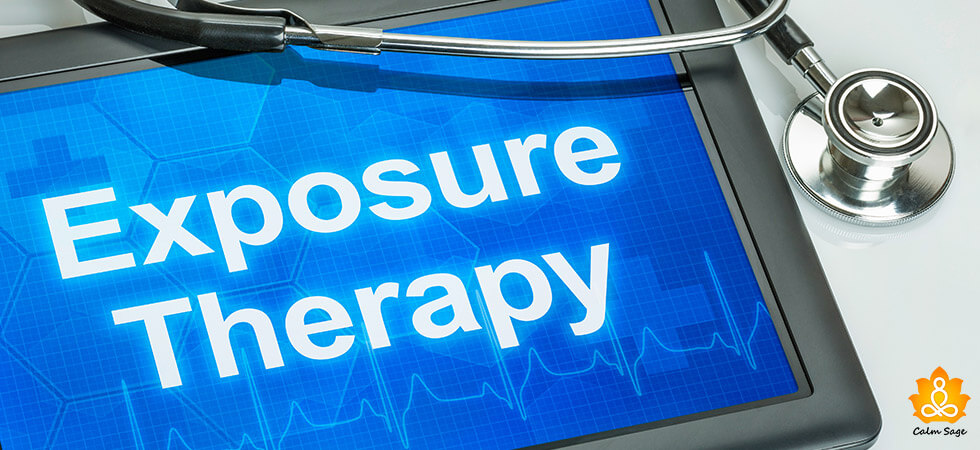Can Time Heal All Wounds? Understanding Time’s Role In Healing

We can thank the Greek dramatist, Menander, for giving us a saying that has gone through numerous translations and remains timeless even today. Today, this quote is used by many people to comfort others going through pain – whether emotional or physical.
“Time heals all wounds” – When you hear this, what’s the first thing that comes to your mind? Do you believe in these words or do you feel that all this is faux?
There are times when all you need is a few months to work through the pain, like a sprained ankle for example, but when your pain refuses to heal, what can you do? Can time truly heal all wounds?
I, for one, used to believe that time is all I need to get over something traumatic, but lately, I’ve begun to realize that time might not help me heal if I don’t cooperate with it!
I agree that time is an important part of the healing process, but there are also factors that we conveniently forget to note when it comes to the healing process. Time can dull the pain of the trauma or the loss, but time alone can’t heal you.
Today, I’m exploring with you the role of time in healing, other factors that can hinder your healing, and how you can utilize time to speed up your healing.
Time Heals All Wounds: Can It Be True?
There were times in my life when my mother used to tell me that, “time waits for no one” and this phrase stuck with me for a long time. I used to think that if I didn’t heal on my own, nothing will help me. But, when we talk about time and healing, what role does the former play in the latter’s process?
So according to experts, time allows an opportunity to self-reflect on the source of your pain. When you give time to yourself to heal, you reflect and process the event that’s hurting you or causing you emotional pain. This time allows you to decide how you’re going to use this chance to shape your present and your future going forward.
Time allows you to gain healthier insight into your trauma, better your relationships, and facilitate your growth. Many people use time as a healer and gather memories and experiences that change their perspective on the difficult experiences they’re healing from.
You can reconnect with your old friends, create new friends, build new relationships, or even participate in activities that can help speed up your healing and recovery. It also gives you the strength to move on. Now, this can’t be said for all experiences.
When it comes to healing from grief, for example, it can be a different process. When you lose someone, it leaves a mark on your heart and mind, and it makes it difficult to move on from said loss. Here, time helps! So, grief never leaves, we just form new experiences around grief. Those experiences we gain with time allow our grief to not feel overpowering anymore.
That helps us move on while keeping the memories of our loved ones with us.
Now, when I talk about self-reflection, I don’t mean rumination. Ruminating on negative beliefs can hinder your healing and set you back on your recovery. When you truly gain a new perspective on your situation, that’s when it is healthy self-reflection.
What Can Hinder The Healing Process?
There are other factors that we might not consider that can hinder our healing process. Here are some things that can prevent time from healing us;
- Being fixated on the pain and negative experiences
- Refusing to let go of the experience
- Being in denial or not allowing yourself to believe the trauma
- Not forgiving the other person (or yourself) for the trauma
- Not allowing yourself to lean on a social support system to express your emotions
- Engaging in unhealthy and negative coping mechanisms
- Ruminating on the negative beliefs left from the experience
Tips To Promote The Healing Process
If you’re not utilizing or cooperating with time and letting yourself heal, then it will take more than you might imagine. The more you let your wounds fester, the more chance there will be of catching an infection, won’t it?
The same happens with emotional or psychological hurt too. The more you refuse to work on healing (even with time), the more it’ll take for you to heal.
Here are some tips to help you utilize time and speed up your healing process;
1. Try Cathartic Activities
You need to learn how to express your emotions to let your mind and heart begin the healing process. This means choosing to integrate art-based activities such as making music, writing in a journal, or creating art to express your feelings. Try to pick activities that feel cathartic to prevent suppressing your emotions.
2. Accept Your Emotions
You need to accept your emotions as they are. This is an important step especially when you’ve experienced a traumatic event such as a death of a loved one or a physical injury. You need to accept the emotions that you associate with the event and allow yourself to feel those emotions to move on.
3. Seek Support
Time won’t help if you won’t cooperate with it. Social support can work wonders for your healing journey so spend some time with your social support people. These people can be your friends, family, therapist, or life coach. You need people in your life who can help you with emotional support.
4. Engage In Activities That Support Your Values
You can also speed up your healing by engaging in activities that align with your values. This includes working on your hobbies and interests. You can also choose any of these activities to promote healing with time;
- Spending time with friends and family
- Connecting with new people
- Journaling your thoughts
- Meditating on your emotions
- Working on your physical health
- Making new memories
- Expressing your gratitude for things in your life
- Forgiving yourself and all who hurt you
- Engaging in self-reflection and understanding your emotions
- Reaching out to a therapist or life coach
- Engaging in creative or expressive arts to express your emotions
Time Is A Healer…
But only when it lets it be one. “Time will heal everything” might be an old saying, but it stands true to this day. Even though many people might swear by it, saying that time is a healer, it might not be true in many cases such as grief over losing a dear one. Time might dull the pain, but it may never truly heal.
The idea of letting time heal all wounds is to allow yourself to find ways in which you can understand, process, and express your emotions so that you can begin your healing journey. If your healing is slow, then don’t blame yourself. There’s time for everything, so be patient with yourself and be self-compassionate.
If you’re still finding it hard to move on or heal, then you can seek a professional’s support. They can help guide you through your emotions and kick-start your healing process. It’s OK to ask for help when time seems to go slow.
I hope this article helps you understand how time heals all wounds, but I also hope that you remember that time is not the only factor to consider on your healing journey.
For more, you can write to me at info@calmsage.com or DM us on social media. You can also share your thoughts with me in the comments below.
Take Care and Stay Safe!




















